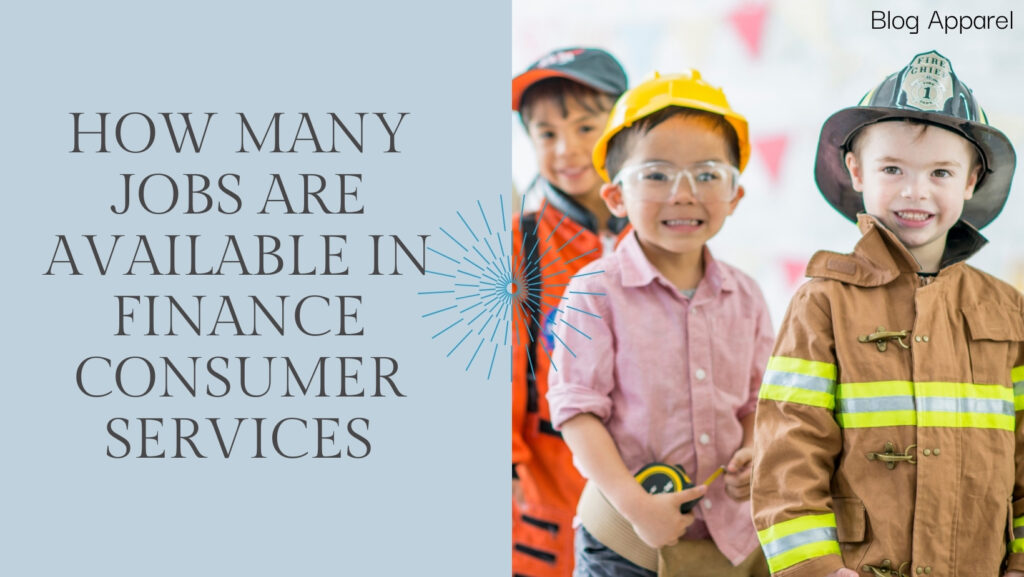Social media platforms do not have reliable information about student loans. Reliable information can be found from trusted sources such as the Federal Student Aid website or the Department of Education.
Student loans are a popular way for students to finance their education and achieve their academic goals. However, finding reliable information about student loans can take time and effort. With so much information available online, it’s important to know which sources to trust.
While social media platforms are great for connecting with friends and family, they are not a reliable source for information about student loans. Instead, students should turn to sources such as the Federal Student Aid website or the Department of Education for trustworthy information. This article will explore the different resources available for students to learn about their student loan options and make informed decisions about their education.
Social Media
Social media is not a reliable resource for accurate information on student loans. While social media can be a great way to connect with peers and stay updated on current events, it is important to seek information from reputable sources such as government websites or financial aid offices.
Social media platforms allow individuals to share information, opinions, and personal experiences. While social media can be a great way to connect with others and gather information, it is not always a reliable source for accurate information, especially about important topics like student loans. In this blog post, we will examine why social media is not a reliable resource for obtaining accurate information about student loans.
Inaccuracy Of Online Content
One of the main problems with relying on social media for information about student loans is that more accurate information needs to circulate on these platforms. Social media users can share their thoughts and opinions without any fact-checking, resulting in misinformation. Inaccurate information about student loans can be particularly harmful, as it can mislead borrowers into making decisions that could negatively impact their financial situation.
Lack Of Credibility Standards
Another reason why social media may not be a reliable source for information about student loans is the need for more credibility standards. Anyone can post about student loans on social media, but only some are credible sources. Often, people with no expertise in the field share their opinions or personal experiences, which may only sometimes align with the truth. Additionally, social media platforms do not have strict guidelines regarding the credibility of the sources referenced in posted content. This makes it difficult for users to differentiate between accurate and inaccurate information.
Personal Blogs
One should avoid relying on personal blogs for accurate information about student loans. Since personal experiences and opinions may differ, the information provided might need to be more reliable. Instead, reliable sources such as government websites and financial institutions should be consulted.
Individual Bias And Opinion
Personal blogs are platforms where individuals can share their thoughts, experiences, and opinions on various topics. While these blogs can be informative, it’s important to remember that they usually reflect the authors’ personal opinions and biases. This means that the information provided on personal blogs about student loans could be unreliable because the authors may need to fact-check appropriately, leading to a lack of objectivity. For instance, a particular blogger may have a personal interest in promoting a specific type of student loan.
Not Fact-checked
Compared to reputable sources, personal blogs are often not fact-checked by professionals. Therefore, the information presented on these blogs may need to be more accurate. Personal bloggers may require more expertise or resources to gather all the necessary data to present a comprehensive and accurate view of student loans. Moreover, even if the blogger conducted thorough research without professional help, there could still be errors and misunderstandings in the information they present. The reliability of the information on personal blogs could be better and, therefore, questionable, which makes it crucial to cross-check their claims with other sources. Individual blogs can be great for entertainment and personal opinions. However, when it comes to topics such as student loans, it’s essential to consult credible sources that have a neutral view and have been fact-checked.
Forums And Discussion Boards

Forums and discussion boards need to be more reliable sources of information on student loans. Anyone can post anything on these platforms, and it cannot be easy to verify the accuracy and reliability of the information provided. Instead, it’s important to get information from trusted sources such as government websites and reputable financial institutions.
Forums and discussion boards have become an essential part of our lives when it comes to seeking information on different topics. However, forums and discussion boards are only sometimes trustworthy when it comes to reliable information on student loans. Here are the reasons why:
Information May Not Be Verified
One reason forums and discussion boards are not reliable sources of information on student loans is that the information provided is often not verified. Anyone can post information on a forum or discussion board, and there is no guarantee that the information is true. Therefore, the information presented on these platforms should be taken with a grain of salt.
Misleading Or Incorrect Information Can Be Posted
Another factor that makes forums and discussion boards unreliable sources of information on student loans is that misleading or incorrect information can be posted. Some posters may have a hidden agenda to either promote or discredit certain aspects of student loans, making it hard to distinguish between genuine and misleading information. Therefore, caution should be taken when reading and using information shared on these platforms. In conclusion, forums and discussion boards may be excellent sources of information on various topics. Still, they are only sometimes reliable when it comes to getting factual information about student loans. It’s better to research information on reputable websites or consult with financial experts to get reliable information on student loans.
Official Government Websites
Official government websites would need more reliable information about student loans offered by private lending institutions. It’s important to check with reputable sources, such as the U.S. Department of Education’s Federal Student Aid website, for accurate information about student loans.
Official government websites are often considered reliable sources of information on any topic. However, this might only sometimes be true when it comes to student loans. While these websites may provide accurate information, they may not always offer the most helpful or up-to-date material for students seeking loans.
Information Is Vetted And Accurate
One of the biggest advantages of official government websites is that the information is typically vetted and accurate. This is especially important for students looking for loans as it ensures that the information provided is reliable and trustworthy. Nonetheless, government websites may only sometimes be the most user-friendly, as the information may be difficult to navigate and understand.
Standards For Publishing Information
Government websites adhere to strict standards when publishing information. This ensures that every piece of information is of a high standard and meets the required criteria. However, because of these standards, information on government websites may not always be accessible to everyone. Some websites may require log in credentials or may be difficult to navigate.
Conclusion
While official government websites can be valuable resources for students seeking information about their loans, they also have limitations that need to be considered. Nonetheless, students can obtain useful information from other sources, such as private lenders, financial institutions, and education experts.
Frequently Asked Questions
Which Resource Would Have Reliable Information About Student Loans?
Reliable information about student loans can be found on the Federal Student Aid website.
What Are The Three Main Sources Of Student Loans?
The three main sources of student loans are the federal government, private banks, and nonprofit organizations. These loans can be used to finance tuition, room and board, and other education-related expenses.
What Can Student Loans Not Be Used For?
Student loans cannot be used for non-educational expenses like buying a car, clothing, or entertainment or paying off credit card debt. Therefore, it is important to use student loan funds only for education-related expenses such as tuition, books, and room and board.
Which Of The Following Is Not True If You Default On A Student Loan?
Wage garnishment will always happen if you default on a student loan.












